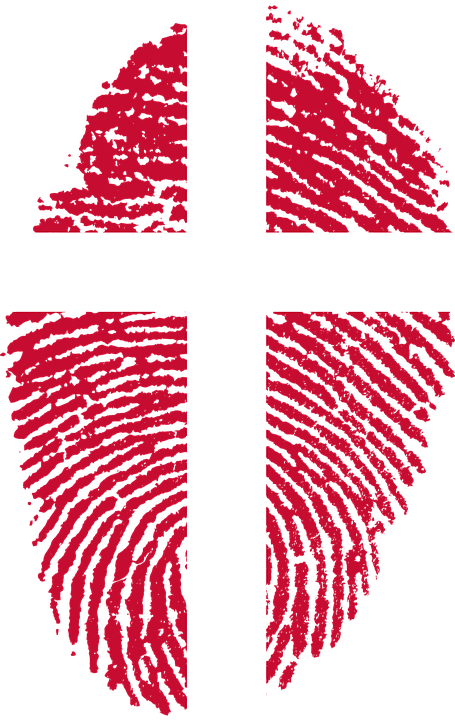Denmark has been taking measures to stop the flow of refugees and asylum seekers from entering the country recently. But really, being Danish is actually rooted in immigration.
New DNA research of ancient skeletons by the Centre for GeoGenetics at the Natural History Museum has revealed that the heritage of the Danish people is the result of numerous waves of immigration through history.
“People who think that the first time foreigners coming to Denmark and northern Europe was when the Turks came in the 1960s, they can think again,” Eske Willerslev, the head of the project, told Videnskab.dk.
“What our and other research has shown is that Danes – and northern Europeans as such – are a result of a compilation of many waves of immigrations, some of which we are aware of today.”
READ MORE: Europeans aligned on the same ‘calendar’ for 7,000 years, claims Danish researcher
Farming and family
The research project, titled ‘The Genomic History of Denmark’, showed that some of the immigration completely changed how life was lived in Denmark.
The first wave were reindeer hunters who arrived 14,000 years ago, then the ice disappeared and Denmark became inhabitable. About 6,000 years ago a wave arrived from the Middle East bringing farming and farm animals with them.
About 1,000 years later, the Bronze Age immigration of the Yamnaya people from the Caucasus region took place, which had a significant impact on the population of northern Europe. They brought with them the genetic ability to drink milk as adults and a core family structure that persists today.
According to Willerslev, new immigrants back in the day initially lived in parallel societies without often coming into contact with the locals, similar to what is taking place in Denmark today. They eventually began mixing with one another.
“As many others, I will admit that I am concerned about the challenges we face as a modern society regarding immigration,” said Willerslev.
“But talk about immigration leading to dooms day, I don’t believe any more. And I think it’s significant to have this historical perspective that conveys that immigration is part of being Danish. We’ve done it before and we’ll manage it again in the long run, despite the obstacles we face.”
With the ‘The Genomic History of Denmark’ project, Denmark will become the first country in the world to map its history from an evolutionary, demographic and health-based perspective.














